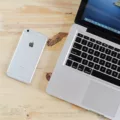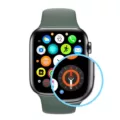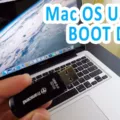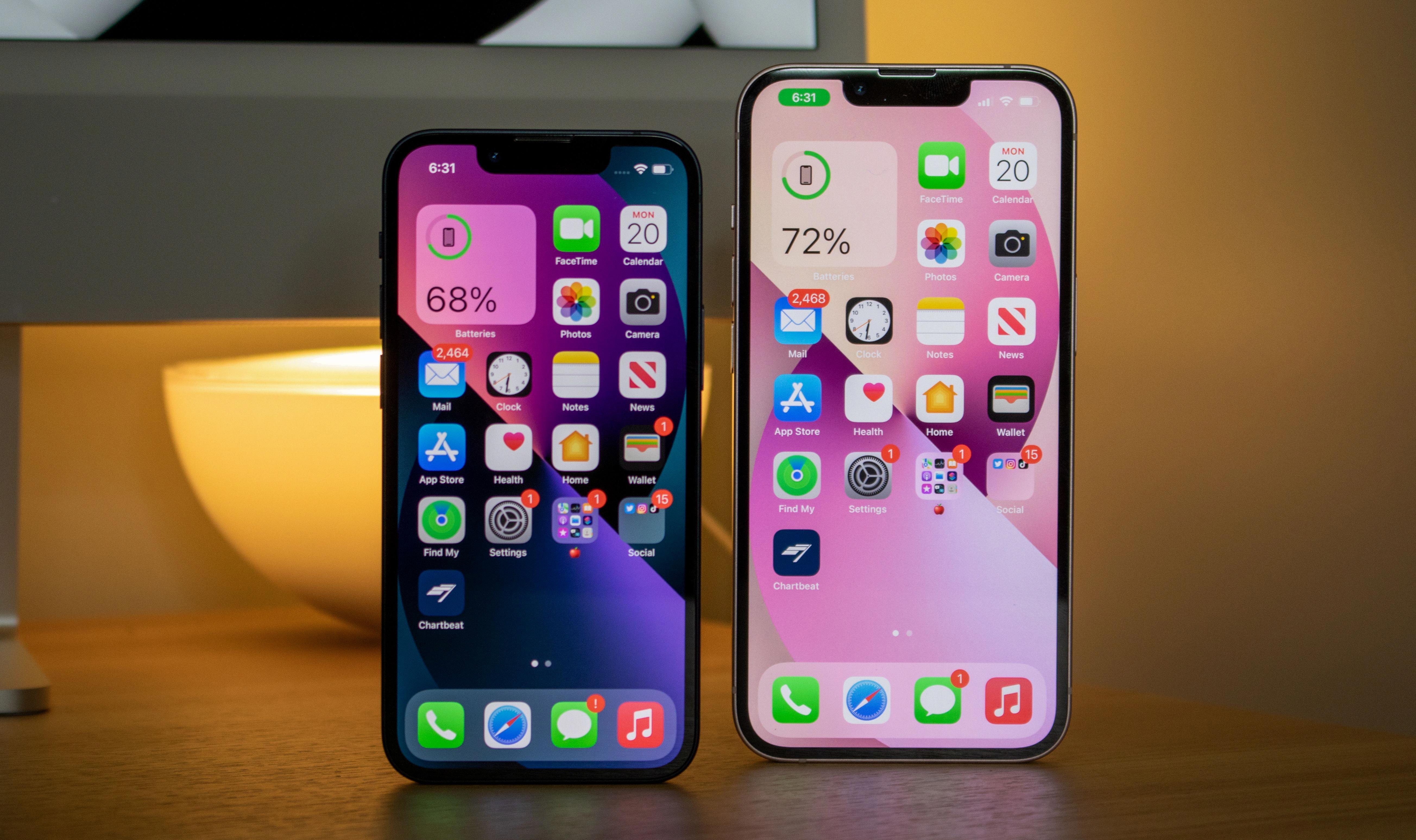A Qibla Compass is a specialized compass used to determine the direction of prayer in Islamic communities. It is traditionally used to point Muslims in the right direction when they are praying, and it has been an important part of Islamic religious practice for centuries. The Qibla Compass works by using a second pointer that is set to the exact location of the person using it. This allows them to accurately find the direction of prayer, which can vary depending on the location in the world.
The qibla compass usually has four main parts: a dial with marks corresponding to different cities, a needle indicating north, a second pointer that can be adjusted according to the user’s location, and an arrow pointing toward Mecca. The astronomically calculated qibla (direction of prayer) ranges from 291°—295° (21°—25° north of west) depending on the exact location in the archipelago. From North America in general, the correct direction of Qibla is North-East, except in the North-west corner of the USA and Alaska where Qibla is almost North.
Using a qibla compass is fairly simple. First, place the compass flat on a level surface such as a table or floor, and make sure it’s pointing away from any magnetic fields or other sources of interference that may affect its accuracy. Adjust the second pointer so that it points to your current location by referring to maps or other resources if needed. Finally, rotate your body until you’re facing directly toward Mecca with both hands outstretched so that they point towards Mecca as well. The needle should then point north while your hands indicate Mecca’s direction — this is known as “finding qibla” or “finding prayers” and it should be done before every daily prayer for Muslims living outside Arabia and its surrounding countries (Morocco, Algeria, Tunisia).
Some people talk about the shortest distance concept of Qibla; however, this does not apply here because Muslims are encouraged to pray facing Mecca regardless of how far away they are from it physically — prayers still reach Allah wherever one stands when performed sincerely with faith and dedication.
using a qibla compass helps Muslims orient themselves correctly during their prayers and ensures that they stay connected with God no matter where they are located in the world — making this tool an invaluable asset for any religious Muslim!
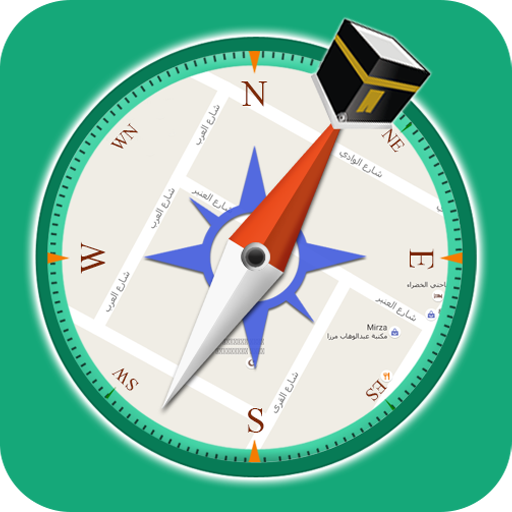
Understanding How a Qibla Compass Works
A Qibla compass is a special type of compass designed for Muslims to use for prayer and direction. It is designed to help find the direction of the Kaaba in Mecca, the holiest site in Islam. The compass contains two pointers – one that points north and one that points toward the Kaaba. To use it, you simply align the north pointer with the North Pole of your location, and then read off the second pointer to determine which direction is towards Mecca. Additionally, some Qibla compasses will also feature marks around their perimeter which indicate different cities, allowing you to quickly see which direction each city is in relation to your current location.
Direction of the Qibla on a Compass
The qibla, or the direction of prayer for Muslims, is the direction of the Ka’bah in Mecca. It is astronomically calculated to be between 291° and 295° (21°–25° north of west) depending on the exact location in the archipelago. To find the qibla on a compass, one should first align themselves with magnetic north (or south depending on location) so that the needle points directly to it. Then, rotate the dial counter-clockwise 21 degrees to 25 degrees until it reaches the point representing the qibla.
Determining the Direction of the Qibla
The Qibla direction is always towards the Kaaba, located in Makkah, Saudi Arabia. In North America, the Qibla direction is usually North-East but can vary depending on your location. The idea of the “shortest distance concept” for determining the Qibla is not accepted by most Islamic scholars as it does not take into account the spiritual significance of this direction. The Qibla should be determined based on your exact geographic location and not based on a concept of the shortest distance from one’s location to Makkah.
Accuracy of Qibla Direction
No, the Qibla direction does not have to be exact. The important thing is that you face the right general direction towards Makkah when praying. If you are off by less than 45 degrees, then your prayer is still valid according to Islamic Law. It is also important to note that the Qiblah (direction of prayer) should not be confused with the Ka’bah which is located in Makkah – thee are two different things. The Ka’bah is a physical structure that serves as a focal point for Muslims around the world and it is not required to be faced directly when praying.
Finding the Best Qibla Compass
The best Qibla compass is iSalam: Qibla Compass. This app is claimed to be the world’s first qibla compass that has accessibility support for visually impaired people. It has a clear and easy-to-use interface with a 3D compass and a detailed map of the globe, making it ideal for finding the direction of the Kaaba. The app also has a prayer times feature which provides accurate prayer times according to your location, as well as an audio adhan feature. Additionally, it has an Islamic calendar feature and multiple language options to accommodate different users. All in all, this app is an excellent choice for those looking for an accurate and reliable Qibla compass.
Conclusion
The Qibla Compass is an important tool for Muslims to orient their prayers toward the Kaaba in Mecca. It is not only a practical device that tells the direction of prayer but also a spiritual symbol that serves as a reminder of faith and devotion to Allah. The compass helps Muslims accurately determine the qibla direction so they can be assured of facing Mecca while praying. The qibla direction varies slightly depending on the location, as it is determined by astronomical calculation as opposed to geographic coordinates. Despite this, the concept of ‘shortest distance’ when determining qibla is irrelevant, as all directions are equal when it comes to prayer. The Qibla Compass is therefore an invaluable device that allows Muslims around the world to fulfill their religious obligations accurately and with confidence.






